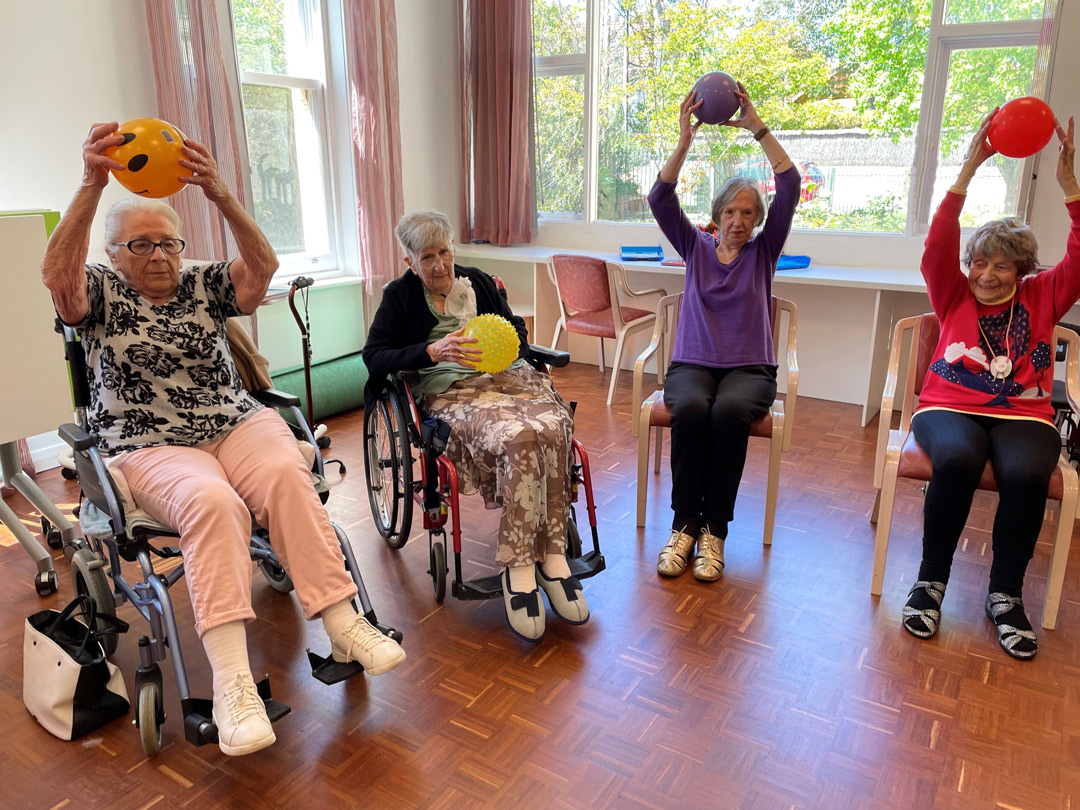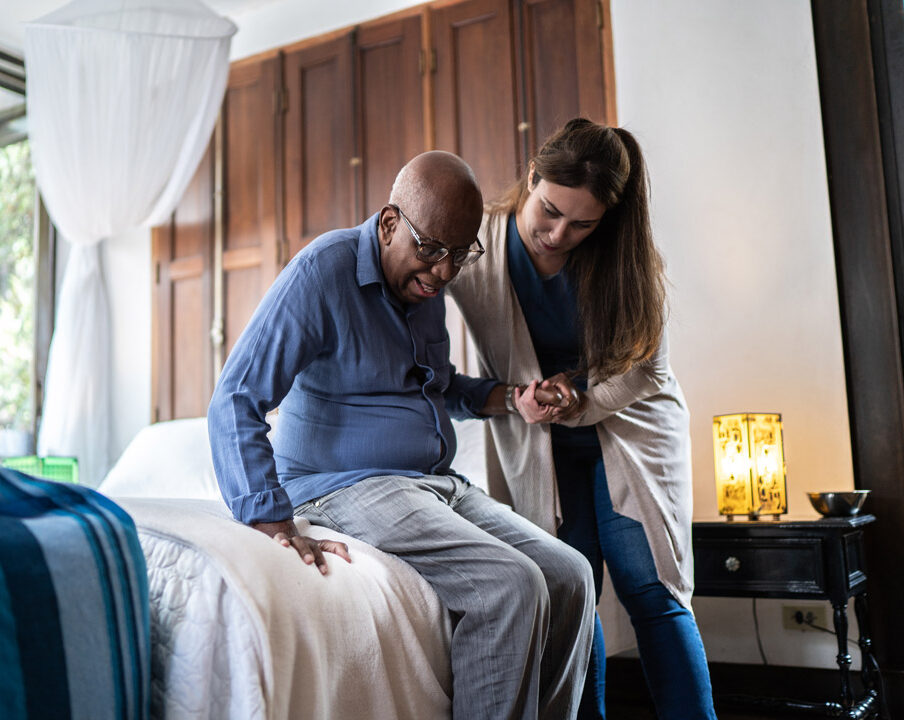About Long-Term Care

Meeting the need.
Oregon has long been held as a national leader in long-term care for its focus on community-based person-centered care services.
Long-term care encompasses a wide range of health and personal care services that help people live as independently and safely as possible when they are no longer able to perform everyday activities on their own.
Oregon has earned its reputation by offering diverse long-term care services that accommodate different lifestyle preferences and care needs. Long-term care communities span from housing just a few residents to multi-service campuses that can accommodate more than a hundred residents.
Community-based care settings, including assisted living, residential care, and memory care communities, provide individualized health and personal care services in a home-like environment where living spaces are transformed by personal belongings, furniture, and décor to feel more like home.
The community-based care model has enabled Oregon’s skilled nursing facilities to focus on helping people recover after hospital stays until they can return to their residences and on caring for residents with health care needs that require indefinite skilled nursing care.
Oregon’s innovative long-term care services have greatly improved the quality of life for older adults across the state by promoting individual choice, independence, and dignity.
Care Settings
Assisted living communities are home to six or more older adults or individuals living with disabilities. They provide a home-like living environment, with fully self-contained private apartments, private bathrooms, and kitchenettes, and coordinate a range of supportive services available 24-hours a day to meet resident’s health and social needs. Assisted living care teams are made up of licensed nurses, direct care workers, medication technicians, and certified nursing assistants.
Assisted Living
Residential care communities provide a home-like living environment for six or more older adults or individuals living with disabilities. Some residential care communities can be quite large with more than 100 residents. They offer individual and shared apartments with private or shared bathrooms. Rooms can be shared by two individuals. Residential care communities coordinate a range of supportive services available 24-hours a day to meet resident’s health and social needs. Their care teams are made up of licensed nurses, direct care workers, medication technicians, and certified nursing assistants.
Residential Care
Memory care communities are assisted living, residential care, or skilled nursing communities that provide a secure care environment for people living with dementia. Memory care communities must meet state-required dementia training standards to prepare staff to care for and meet the specialized needs of people living with dementia using a person-centered approach to care. 
Memory Care
Skilled nursing facilities provide 24-hour skilled nursing care. They offer transitional rehabilitative care with the goal of getting residents well enough to go home and long stay care for residents due to ongoing and indefinite cognitive or physical impairment(s). Skilled nursing care teams are made up of licensed nurses, certified nursing assistants, and certified medication aides.
Skilled Nursing
